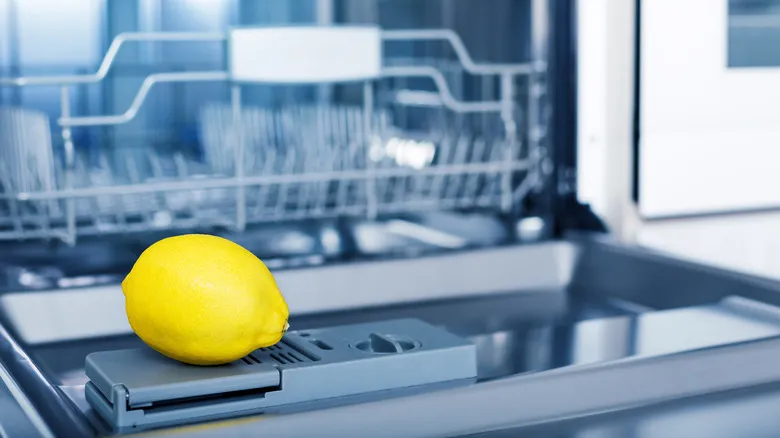How are lemons so great at cleaning?
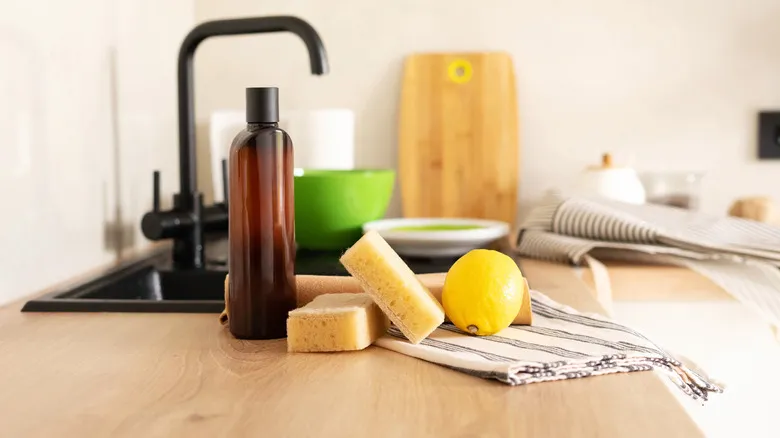
As stated by the United States Geological Survey (USGS), water hardness refers to the levels of magnesium and calcium minerals found in your water supply. The greater the concentration, the harder the water. Managing hard water in your dishwasher can be quite difficult. Not only can mineral deposits clog your dishwasher, but they can also hinder its efficiency, making detergents less effective. This can result in unpleasant odors and cloudy glassware that is only partially cleaned.
Fortunately, the citric acid found in lemon juice is an excellent solution for this mineral buildup, as it effectively breaks it down. Additionally, lemon peels contain essential oil rich in D-limonene, a compound recognized for its gentle yet potent degreasing properties. It's so effective that it can even tackle graffiti.
If you don't have lemons on hand, limes serve as a great alternative. However, regardless of the citrus you choose, it’s important to regularly clean your dishwasher filter. Be sure to clean it thoroughly at least once a month to ensure everything operates smoothly.
How to add lemons to your dishwasher cycle
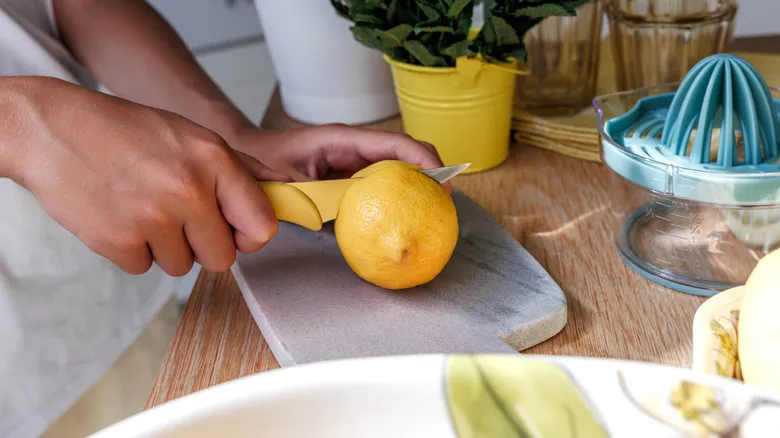
Adding a lemon to your dishwasher cycle is quite simple. Just take a lemon and your favorite kitchen knife, slice it in half, and place both halves on the top rack of your dishwasher alongside your dirty dishes. For optimal results and to avoid any potential damage to the machine, it's best to use only a couple of lemon halves instead of overloading it. Remember to remove the seeds, as you definitely don’t want your dishwasher to become even more clogged than it already is.
Once that's taken care of, all that's left to do is press the start button and let your dishwasher handle the rest while you relax and enjoy the latest episode of your favorite show. When the cycle is complete and you open the door, you’ll be pleasantly surprised by the refreshing scent. Plus, you can say goodbye to that annoying glass cloudiness and eliminate those expensive, ineffective salts and rinsing agents for good.
Recommended
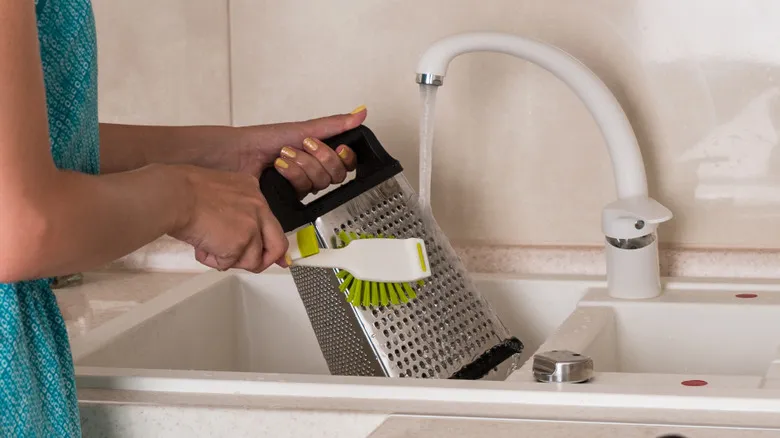
Safely Cleaning Your Cheese Grater Without A Dishwasher

Easily Clean Your Wine Decanter With This Simple Ingredient

The Last Day You Can Still Eat Lunch Meat After Opening
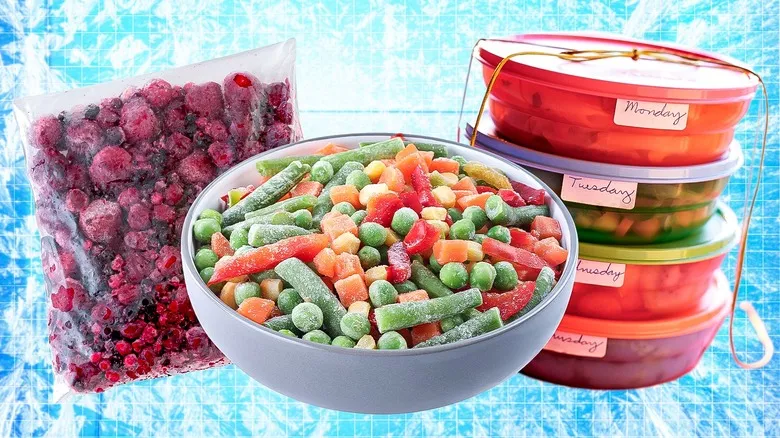
Freezer Hacks To Save You Money And Effort
Next up

